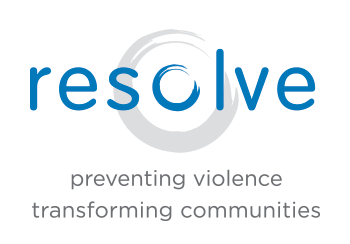The past few weeks have been overwhelming for many, especially for those of us who are sexual assault survivors. It’s easy to get caught up in the enormity of the problem – sexual assault happening at all levels of our society, no arena exempt.
And meanwhile, I think it’s important to credit those responsible for the increase in coverage and dialogue:
This moment is brought to you by the power of survivors.
To be sure, survivors are in different places in their journeys. Some are still struggling to understand that what was done to them was wrong; others are still finding the words to tell themselves, their diaries, their partners, and their friends. Others have been speaking out, fighting back against the shame of abuse for years – some for decades, including at consciousness raising groups, speak outs, rape crisis centers, and public protests like Take Back the Night rallies and marches.
As a movement, though, we have stopped short of identifying those who did violence to us.
Right now we are witnessing the incredible power of people speaking out. We know that one person speaking out frees others from shame, encouraging others to also speak out. And meanwhile there is a particular power gained when people speak out and name those who have harmed us. We know that it is incredibly rare for a perpetrator to have only one victim. So when one person speaks out, they not only free others to do so in general, but also embolden others hurt by that very same person to also name the harm done.
This takes working against the socialization many of us have received to be nice and not hurt others – even when we are being hurt ourselves. It calls for us to work against the grooming that person did to ensure we would stay quiet. It makes us confront the (strong) possibility of people dismissing us, minimizing or disbelieving what we have endured, and further violence – whether hateful language or physical harm.
These and more are all understandable reasons to not speak out. This is why Take Back the Night was so profound. Take Back the Night represented huge communities of women naming that what they experienced was not an individual shame, but a widespread social problem. It is no small act when young people and adults of all genders claim that title of “survivor” in our violence prevention and self-defense classes. I am honored to share the journey with others as they realize, truly, that it was not their fault, and all of the powerful things they did to survive.
However, I can’t help but notice that today we have massive numbers of identified “survivors,” and incredibly small numbers of accused.
This invariably has the effect of making sexual violence seem like a women’s issue, or an individual survivor’s issue, instead of the community problem that it truly is. This mindset discourages us from placing the blame for violence where it belongs – on the perpetrators. And we must focus on community change if we want to understand how to prevent future instances of violence.
This is exactly what some survivors are doing when they name those who harmed them– they are leading our movement forward. This means claiming our stories as our own. It means saying with authority: I know my own life. I have a right to speak. It means no longer protecting those who have hurt us. It means recognizing that there is no statute of limitations on our truth.
I find this inspiring, and I can’t wait for the next chapter that this opens up for us as we acknowledge exactly how rampant sexual violence is in our society and that we all have a responsibility for preventing it.
